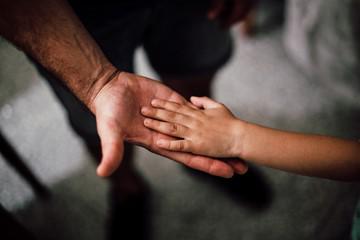With your kids getting ready to go back to another school year, there are some valuable ways to help them grow and guide them in bully-filled situations while building their self-confidence and self-esteem.
We explain the most common types of school bullying and understanding why it happens. According to the CDC, “About1 in 5 high school students reported being bullied on school property, and more than 1 in 6 high school students reported being bullied electronically in the last year.” Bullying comes in different forms:
· Verbal (name-calling and being threatening).
· Physical (punching, hitting, or pushing).
· Psychological/Emotional (excluding from group setting and spreading rumors about different students).
According to a study done in 1993by phycologist Dr. Olweus who studied bullying in schools to start preventive programs worldwide, he found that students who exhibited ADHD, anxiety, or depression were shyer and had fewer friends—along with poor reading and verbal communication test scores. Thus, making them more likely to be submissive and targeted by a dominant, aggressive student.
There are a couple of signs to recognize if your child is being bullied and there are a couple of solutions to help them. Children may be less likely to want to go to school if they experience high anxiety in their school setting.
They may also exhibit a lack of focus while in class and emotional stress about social settings. What are the best ways to help them? Seeking help outside the family by taking them to a professional child therapist or seek counseling from a school counselor.
While at school, there are different ways of encouraging them to get a little out of their comfort zone and build up their self-confidence and physical strength with self-defense classes and sports teams. This is an excellent way to meet friends outside of their school but in a social setting where everyone wants to make friends. Have them go to aftercare after school to build up their social skills.
At home, keep a careful eye on their moods after school. Be sure to ask about their day at school over dinner and have a supportive conversation with them by assessing the situation and helping them by giving their genuine opinion.
This can include valid constructive criticism and things to do like sticking up to their bully. Speaking to the principal and telling them you do not like how a specific student treated them can be helpful and have them keep a close eye on the bully by talking to teachers.




